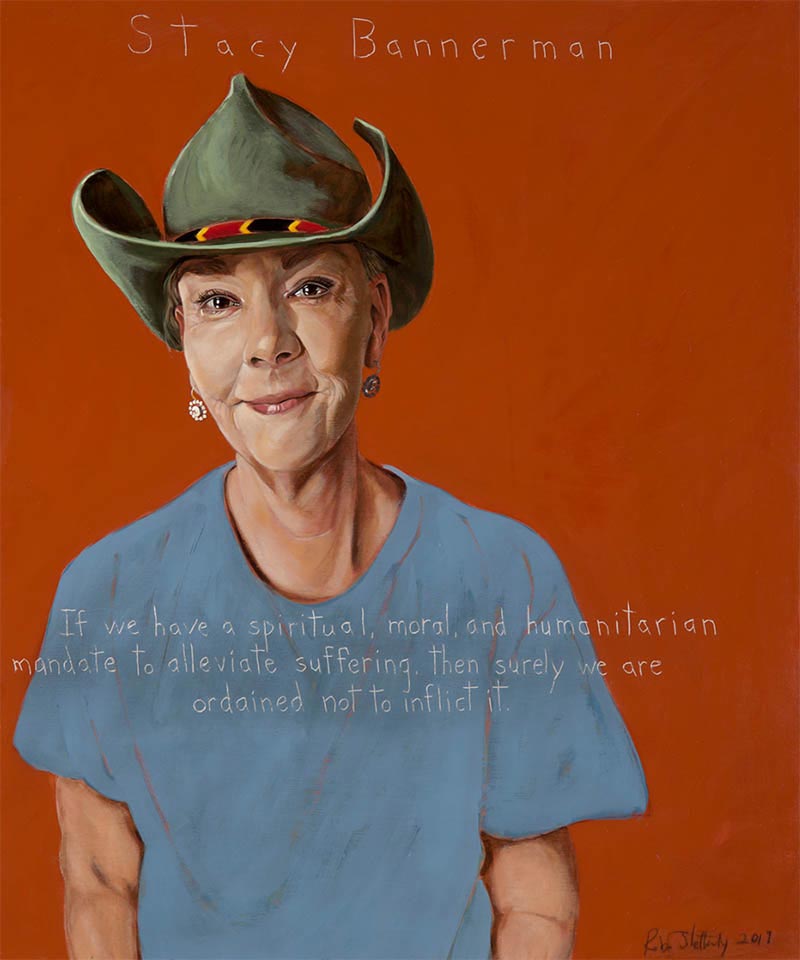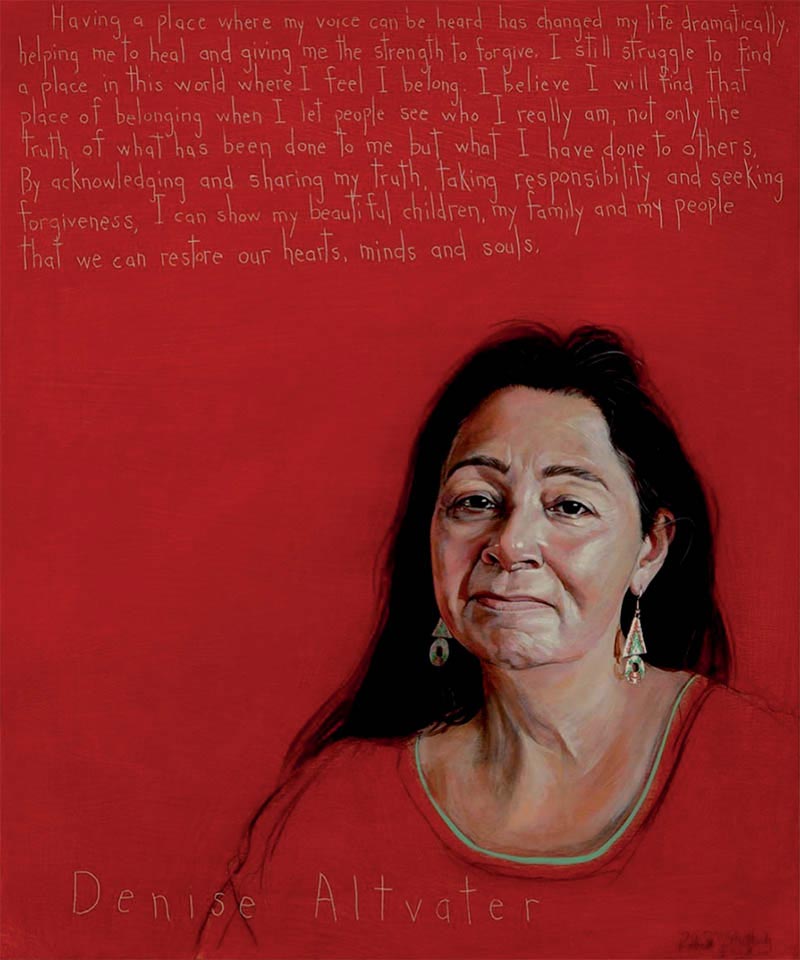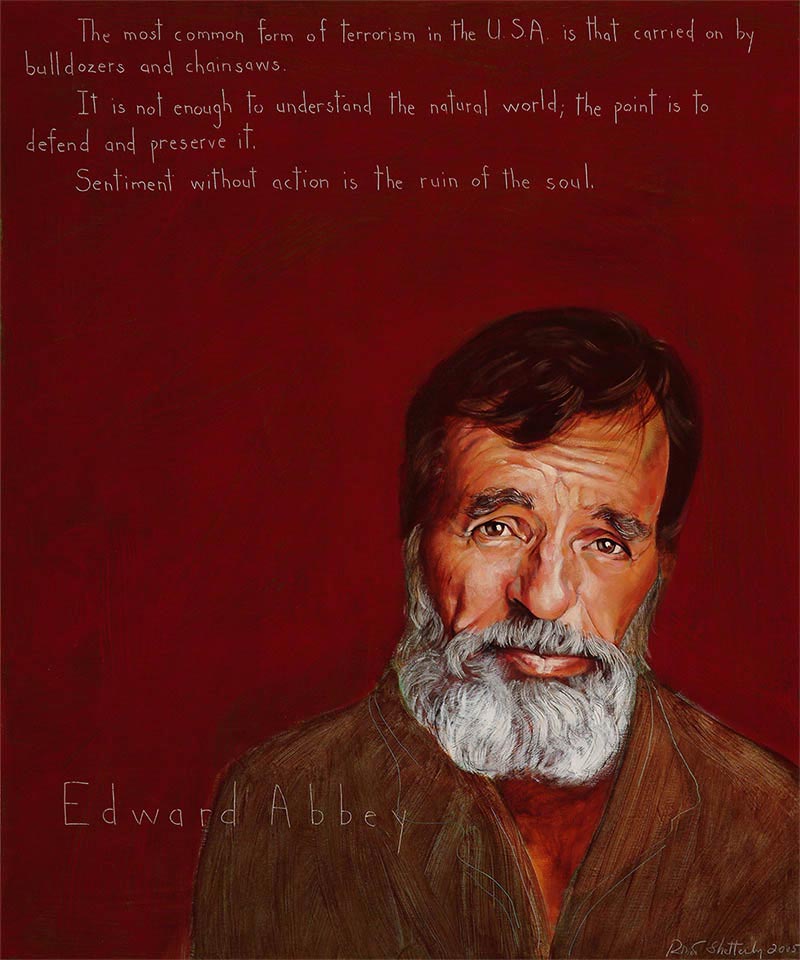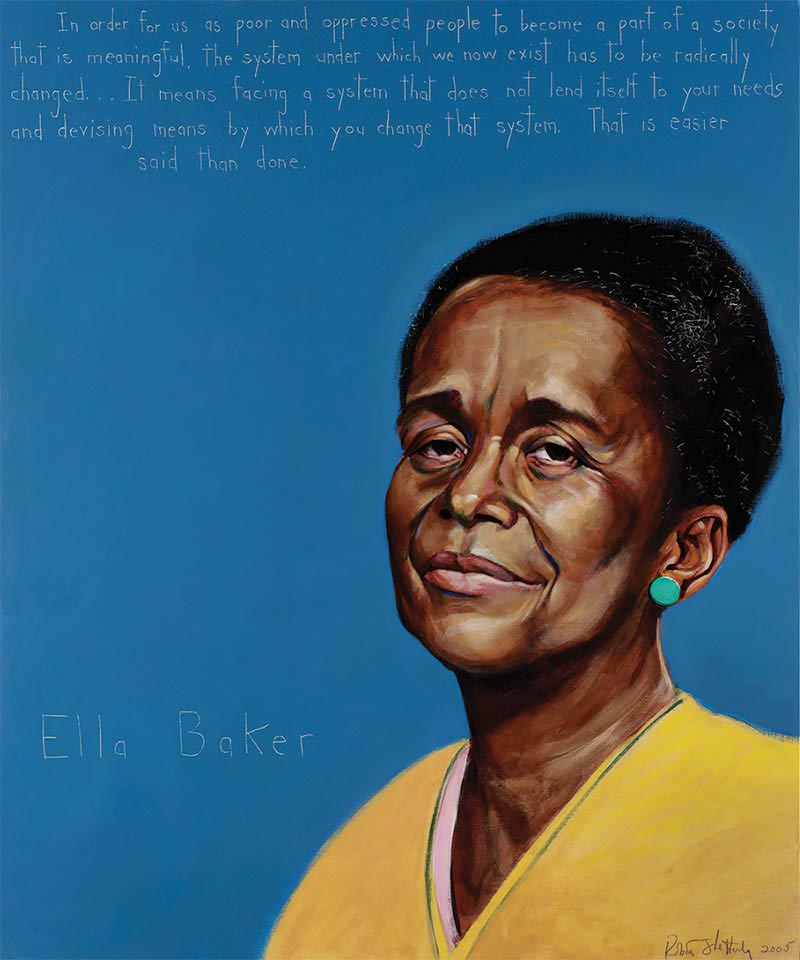
Stacy Bannerman
Activist
“If we have a spiritual, moral and humanitarian mandate to alleviate suffering, then surely we are ordained not to inflict it.”
Biography
First white Executive Director of the Martin Luther King Jr. Center in Spokane, WA
Author of When the War Came Home and Homefront 911
Outspoken advocate for military families and author and promotor of related legislation
Founder of Women’s EcoPeace and forgivenessmaps.org
Led the 2018 Heart2Heart Tour
Born and raised in North Dakota, Stacy Bannerman became an activist in the third grade when she drafted a Bill of Rights for the William Moore Elementary School. The document was hand-written in large, carefully drawn block letters and signed in crayon by her classmates; it demanded equitable bathroom breaks, longer recesses, and after-school sports for girls. Stacy also led a sit-in in the girl’s bathroom and wrestled on the boys’ team. The first girl in the state to take advantage of Title IX, she won a medal at the state wrestling meet. A broken collar bone caused by an illegal hold and mocking screams from the bleachers helped to prepare Stacy for her future work.
After earning degrees in Women’s Studies and International Relations, Bannerman moved from the Midwest to become the first white Executive Director of the Martin Luther King Jr. Center in Spokane, WA. There she created a multimedia human rights campaign as a counterpoint to the Aryan Nations annual parade. During her tenure as Director, she suffered racial harassment. In a subsequent complaint to the state Human Rights Commission – one of the country’s earliest cases of racial discrimination against a white person – she received a settlement from the MLK Center’s black Board of Directors.
Soon after Bannerman and her husband moved to the Seattle area, he was mobilized with the Army National Guard to go to war in Iraq, a war she had protested since before it began. Bannerman joined Military Families Speak Out, calling for an end to the war. She learned to navigate the tightrope of advocating for post-9/11 veterans and their families while also actively opposing the war, earning the respect of both the peace movement and the Pentagon. She testified before Congress multiple times; wrote dozens of articles, putting a human face on America’s immoral foreign policy; and published her first book, When the War Came Home, documenting the costs of the Bush administration’s choice to send reservists to war.
Bennerman’s relentless determination to highlight the effects of war on the families left behind led to the first Congressional hearing on the impacts of war on families of veterans. She wrote and secured passage of an Oregon bill that required employers to grant up to two weeks of unpaid leave for immediate family members before, during or after a loved one’s deployment. Another bill created Oregon’s Military Family Task Force. Then she successfully initiated and advocated for the National Military Family Leave Act of 2009, sponsored and introduced by Congressman Adam Smith, D-WA.
Tragically, Bannerman’s veteran husband, suffering from combat-related trauma, became violent and, in one of many nighmarish episodes, strangled her to the point of unconsciousness. Her experiences as a victim of domestic abuse motivated her to speak out about the frequency and severity of combat veteran violence. At the request of the Oregon Department of Justice (DOJ), she wrote the language identifying partners of combat veterans as an at-risk, under-served population under the STOP/VAWA 2014-2016 grant program implementation plan. During this time, her husband began using crystal meth to self-medicate, ultimately forcing Bannerman to flee. She lost everything: her income, her health care, her home, her animals; then another crystal meth user stole her identity. She wrote about her experiences and how many families of veterans are wounded by our wars in her second book, Homefront 911. Testifying at CODEPINK’s People’s Tribunal on the Iraq War in Washington DC, on December 2, 2016, she said, “It was as if I didn’t even exist.”
After emerging from these personal traumas, Bannerman made the connection between warfare and climate collapse. This became a new focus of her work:
“We simply cannot continue the moral, spiritual, fiscal, or environmental policy of benign neglect that underwrites the decimation of land, air, and water around the world…. In order to achieve the massive systemic and cultural transformations required for mitigating climate change and advancing climate justice, we’re going to have to deal with the socially sanctioned, institutionalized violence perpetrated by U.S. foreign policy that is pouring fuel on the fire of global warming.”
Bannerman founded Women’s EcoPeace and launched a national Divest from War campaign in the summer of 2018. The groundbreaking campaign calling for the Oregon Public Employees Retirement System (PERS) to divest all holdings in military contractors and weapons manufacturers garnered the support of Oregon’s Governor Kate Brown and State Treasurer Tobias Read. She also led the Heart2Heart Tour to Philadelphia’s Constitution Center, where she gave her Freedom Medal back to President George W. Bush on Veterans Day, 2018, becoming the first-ever military family member to return a war award.
Related Portraits
Programs
Americans Who Tell the Truth (AWTT) offers a variety of ways to engage with its portraits and portrait subjects. Host an exhibit, use our free lesson plans and educational programs, or engage with a member of the AWTT team or portrait subjects.

Education
AWTT has educational materials and lesson plans that ask students to grapple with truth, justice, and freedom.

Exhibits & Community Engagement
AWTT encourages community engagement programs and exhibits accompanied by public events that stimulate dialogue around citizenship, education, and activism.



